Introduction to Cytoblastine Injection
Cytoblastine injection is an anti-cancer drug in the class of mitotic inhibitors, containing the active ingredient vinblastine. This medication is used in combination with other drugs to treat Hodgkin’s and non-Hodgkin’s lymphoma, testicular cancer, breast cancer, and Kaposi’s sarcoma. Hodgkin’s and non-Hodgkin’s lymphoma are types of blood cancers.
Patients with a history of nerve damage, respiratory disease, or gastrointestinal disorders should use this injection with caution. It is important to be cautious when taking other medications, as some may interact with this drug. For instance, erythromycin can increase its side effects. If undergoing radiotherapy in the liver area, the administration of this medicine may be delayed by your doctor.
Throughout treatment, your doctor will monitor your white blood cell counts, platelets, blood sugar, electrolytes, and kidney function regularly to prevent serious complications. When combined with other anticancer medications such as bleomycin or cisplatin, this medicine has the potential to cause heart problems. Notify your doctor immediately if you experience hypersensitive reactions such as itchy skin or rashes while taking this medication.
Women of childbearing potential should use effective contraception during treatment with this drug due to the risk of birth defects. If you are pregnant, breastfeeding, planning to conceive, or suspect pregnancy, consult your doctor for advice before starting this medication.
Avoid driving or operating machinery if you experience side effects that may impair your ability to do so. Refrain from using this injection if you are allergic to the drug or any of its components, have an uncontrolled bacterial infection, or have insufficient white blood cell counts as indicated by your blood tests.
This medication can affect blood cell counts and liver function, prompting regular blood tests by your doctor. Inform your doctor if you have been diagnosed with liver disorders, heart failure, high blood cholesterol levels, or hypertension prior to commencing treatment.
Uses of Cytoblastine Injection
- Hodgkin’s lymphoma
- Non-Hodgkin’s lymphoma
- Testicular cancer
- Breast cancer
- Kaposi’s sarcoma
Therapeutic Effects of Cytoblastine Injection
This drug disrupts cancer cell division and growth by interfering with the formation of microtubules, which are structures essential for cell support, shape, and molecular transport within cells.
Interaction of Cytoblastine Injection with other drugs
Make sure to inform your healthcare provider about all medications you are taking, including prescriptions, over-the-counter drugs, vitamins, and herbal supplements. Some medications may interact with Cytoblastine injection, potentially reducing its effectiveness or causing unwanted side effects.
More Information about Cytoblastine Injection
- Store Cytoblastine injection in the refrigerator at (2°C to 8°C).
- Keep it out of reach from children
How to consume Cytoblastine Injection
This medication should be administered only by a qualified healthcare professional, such as a doctor or nurse skilled in chemotherapy administration. It is injected into a vein using a needle or catheter; do not attempt self-administration. Your doctor will determine the appropriate dosage and treatment duration based on the severity of your condition and other relevant factors.
Safety Advices for Cytoblastine Injection

Pregnancy
Cytoblastine injection is not recommended for pregnant women due to potential harm to the fetus. If you are pregnant or planning to become pregnant while undergoing treatment, consult your doctor for guidance.

Breast Feeding
Patients taking Cytoblastine injection are advised against breastfeeding, as the medication can pass into breast milk in small amounts and potentially harm the baby.
3.5

Driving
Taking Cytoblastine injections may cause dizziness and impair concentration, making it unsafe to drive vehicles or operate heavy machinery afterward.
Side Effects of Cytoblastine Injection
Side effects are unwanted symptoms caused by medicines. Even though all drugs cause side effects, not everyone gets them.
Serious
- Severe allergic reactions (difficulty in breathing or swallowing, swelling of hands, feet, lips, mouth, or throat, itchy rash)
- Swelling or pain at the site of injection (during or immediately after the injection)
Common
- Low blood counts
- Convulsions
- Mental depression
- Tiredness
- Diarrhea
- Loss of appetite
- Nausea, vomiting
- Stomach cramps
- Hair loss
Word of Advice
This medication can weaken the immune system, increasing the risk of infections. Patients should avoid contact with sick individuals and maintain good hygiene practices, such as frequent handwashing. Activities that may lead to injury or bleeding, like contact sports or handling sharp objects, should also be avoided.
Cytoblastine injection can make the skin more sensitive to sunlight, potentially causing sunburn, blistering, or skin discoloration. It is crucial to use sunscreen and wear protective clothing when exposed to sunlight. Limiting or abstaining from alcohol intake is recommended while undergoing treatment with Cytoblastine injection.
FAQs
Q 1. Can I drink alcohol while taking a Cytoblastine injection?
It is advisable to refrain from consuming alcohol while receiving Cytoblastine injection, as alcohol may heighten the risk of side effects such as nausea, vomiting, and liver damage.
Q 2. Does Cytoblastine injection cause hair loss?
Hair loss caused by Cytoblastine injection is typically temporary, and hair growth typically resumes after the completion of treatment.
Q 3. What happens to cancer cells when given Cytoblastine injection?
Cytoblastine injection works by inhibiting the division of cancer cells, thereby blocking their growth.
Fact Box of Cytoblastine Injection
Molecule name: Vinblastine
Pharmacological class: Mitotic inhibitors
Therapeutic class: Anti-cancer
Indications:
1. Hodgkin’s lymphoma
2. Non-Hodgkin’s lymphoma
3. Testicular cancer
4. Breast cancer
5. Kaposi’s sarcoma

 MEDICINES
MEDICINES PATIENT ASSISTANCE PROGRAMS
PATIENT ASSISTANCE PROGRAMS IMPORTED MEDICINES
IMPORTED MEDICINES CONTACT US
CONTACT US Upload
Upload

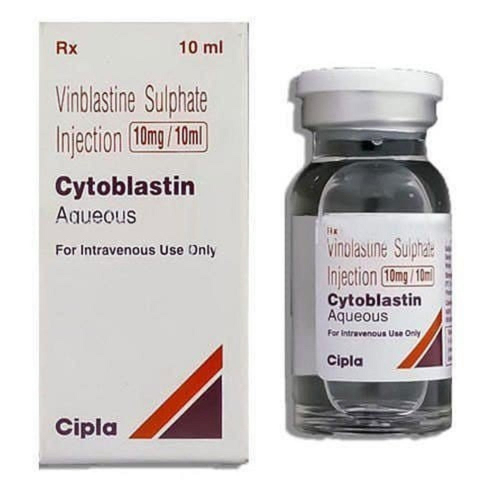




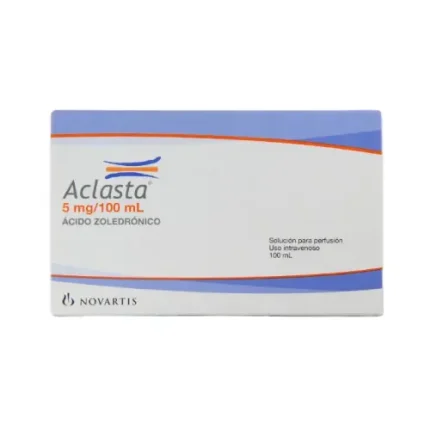
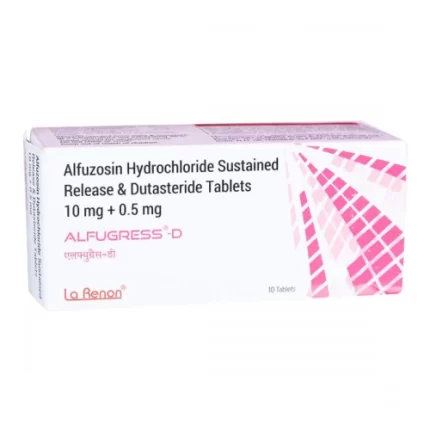
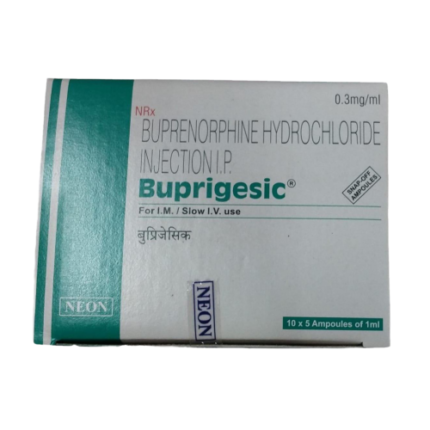
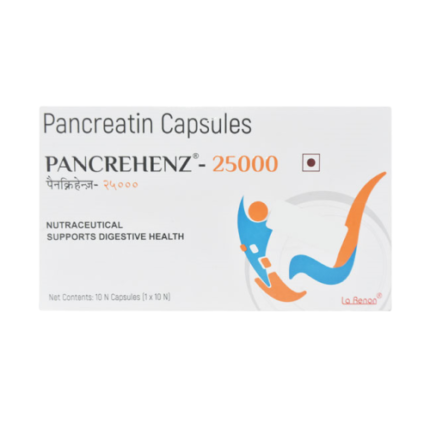
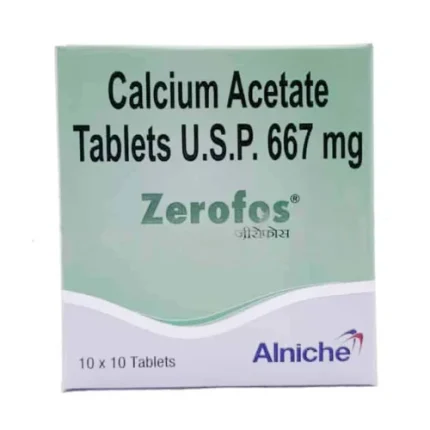

Reviews
There are no reviews yet.